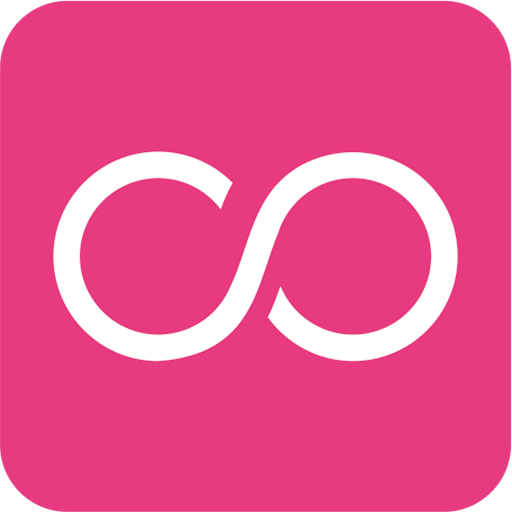In today’s digital education and corporate training environments, Learning Management Systems (LMS) are pivotal for enabling efficient learning, tracking progress, and enhancing engagement. One of the ways LMS platforms stand out is through their ability to integrate seamlessly with various tools and services. These integrations streamline administrative tasks, improve user experience, and offer richer functionalities. This article delves into the specific integrations offered by the top 5 LMS platforms and how they contribute to overall system capabilities.
1. Moodle
Moodle is a highly customizable and widely used open-source LMS platform. It’s especially favored by educational institutions and organizations looking for flexibility.
- Google Workspace Integration: Enables users to embed Google Docs, Slides, and access Google Drive directly within Moodle.
- Microsoft Teams: Facilitates seamless communication and collaboration with real-time chat and video conferencing.
- Turnitin: Assists educators in plagiarism detection when assessing student assignments.
These integrations make Moodle ideal for both blended and fully online learning environments.
2. Blackboard Learn
Often used by large universities and institutions, Blackboard Learn boasts robust features and extensive integration options.
- Kaltura: A powerful video tool that integrates for interactive multimedia learning experiences.
- SafeAssign: Blackboard’s own plagiarism detection software that integrates directly within assignments.
- Zoom and Webex: Enables scheduling and hosting of virtual classes directly through the LMS interface.
With these integrations, Blackboard supports a comprehensive e-learning ecosystem suited for academic rigor.
3. Canvas by Instructure
Canvas is another leader in the LMS space, known for its intuitive interface and strong mobile support.
- Google Canvas Integration: Synchronizes assignments and grades with Google Classroom and Drive tools.
- Zoom: Fully integrates for managing and conducting live lessons within the Canvas environment.
- Office 365: Provides access to Microsoft’s suite of productivity tools directly from Canvas.
Canvas also supports LTI (Learning Tools Interoperability), allowing educators to integrate a vast array of third-party tools.
4. TalentLMS
Ideal for businesses and compliance training, TalentLMS offers robust integrations with work and communication tools.
- Salesforce: Integrates for tracking learner progress alongside customer relationship data.
- Zapier: Allows users to connect TalentLMS with thousands of other apps for workflow automation.
- Slack and MS Teams: Brings LMS notifications and interactions into team communication platforms.
Its API support and a variety of integrations make TalentLMS a preferred choice for team and corporate training.
5. Docebo
Docebo is known for its AI-powered recommendations and corporate training capabilities, particularly in large enterprises.
- Salesforce: Like TalentLMS, Docebo offers seamless CRM integration for performance and learning alignment.
- LinkedIn Learning: Enables access to an extensive library of professional development courses.
- Google Workspace and Microsoft 365: For productivity and document collaboration within training modules.
Docebo’s integrations are designed to enhance learning with built-in analytics and advanced tracking.
Conclusion
Each of the top five LMS platforms brings a unique set of integrations tailored toward their target audiences. Whether it’s educational institutions requiring deep learning tools or corporations needing robust performance tracking, these platforms provide versatile and scalable learning environments. Choosing an LMS with suitable integrations can significantly improve the implementation and effectiveness of any learning strategy.
FAQs
- Q: Why are LMS integrations important?
A: Integrations streamline workflows, centralize resources, and enhance the learning experience by connecting with familiar tools like Google Drive, Zoom, or Salesforce. - Q: Can I add custom integrations to my LMS?
A: Most LMS platforms, especially open-source ones like Moodle or scalable systems like Docebo, support APIs and custom plugin development for tailored integrations. - Q: Which LMS is best for corporate training?
A: TalentLMS and Docebo are highly recommended due to their support for CRM systems, compliance tracking, and integration with enterprise tools. - Q: Are these integrations free?
A: Some integrations are free, while others may require additional subscriptions or licensing from third-party providers (e.g., Zoom, LinkedIn Learning). - Q: Can I integrate multiple tools into one LMS?
A: Yes, many LMS platforms allow multiple integrations to operate simultaneously to create a cohesive and multi-functional learning environment.

